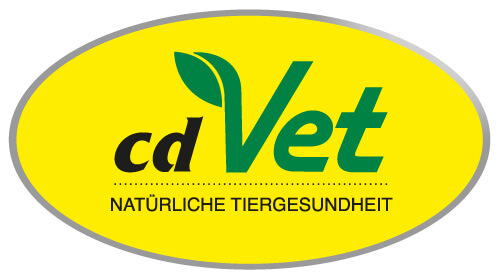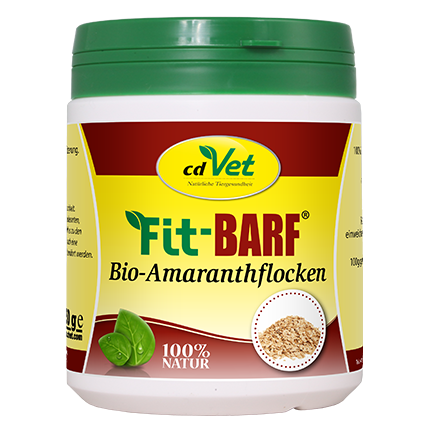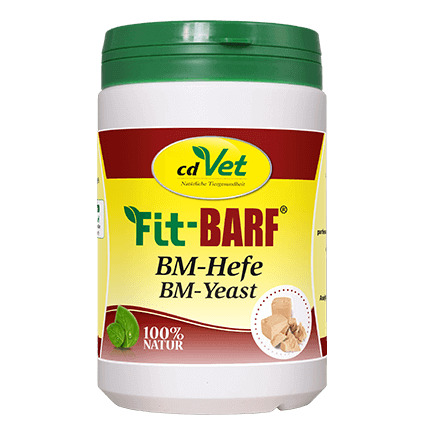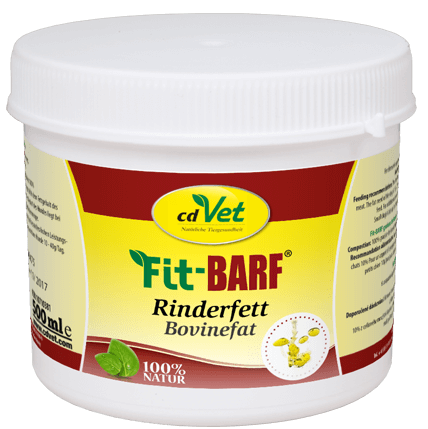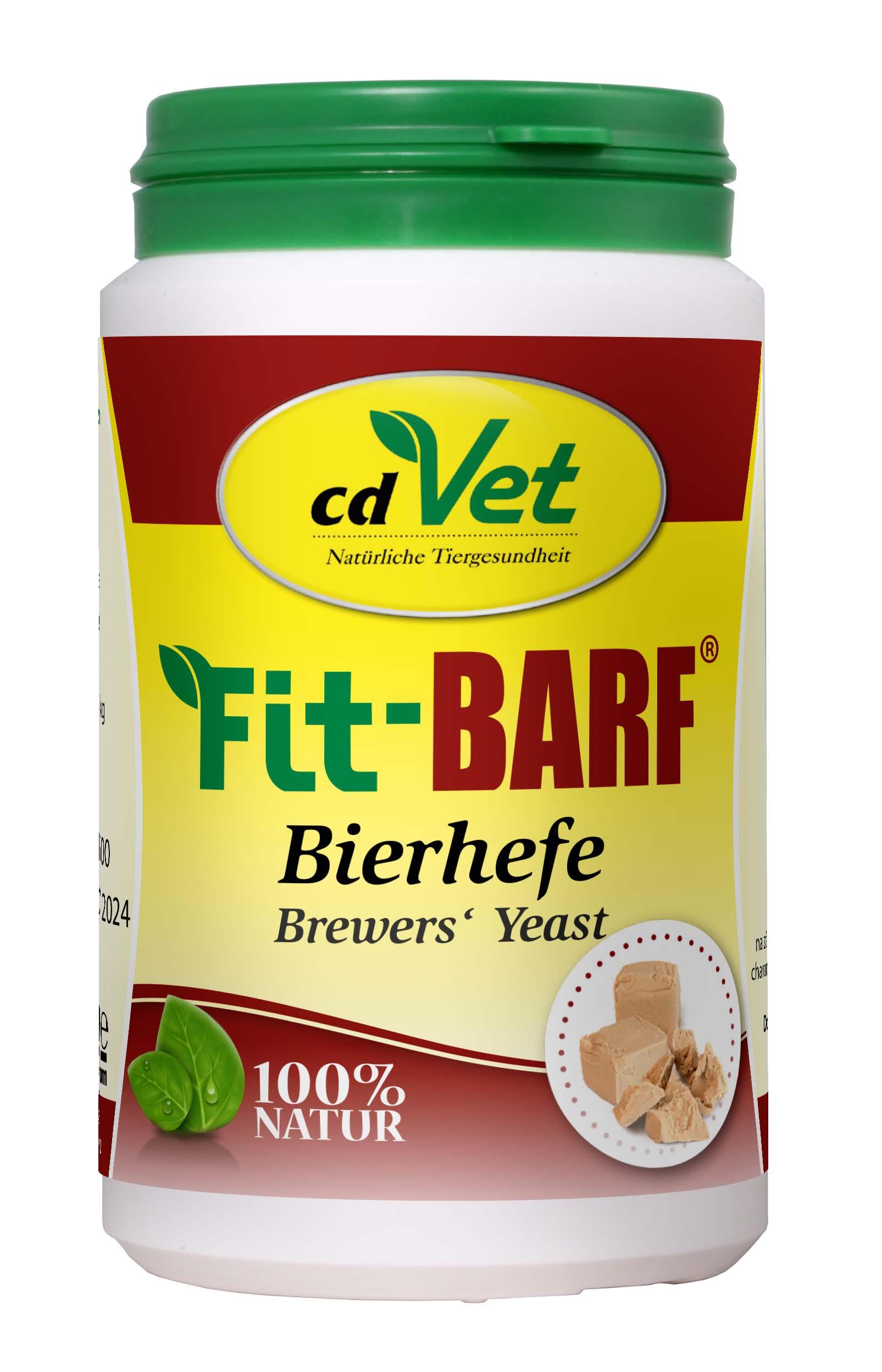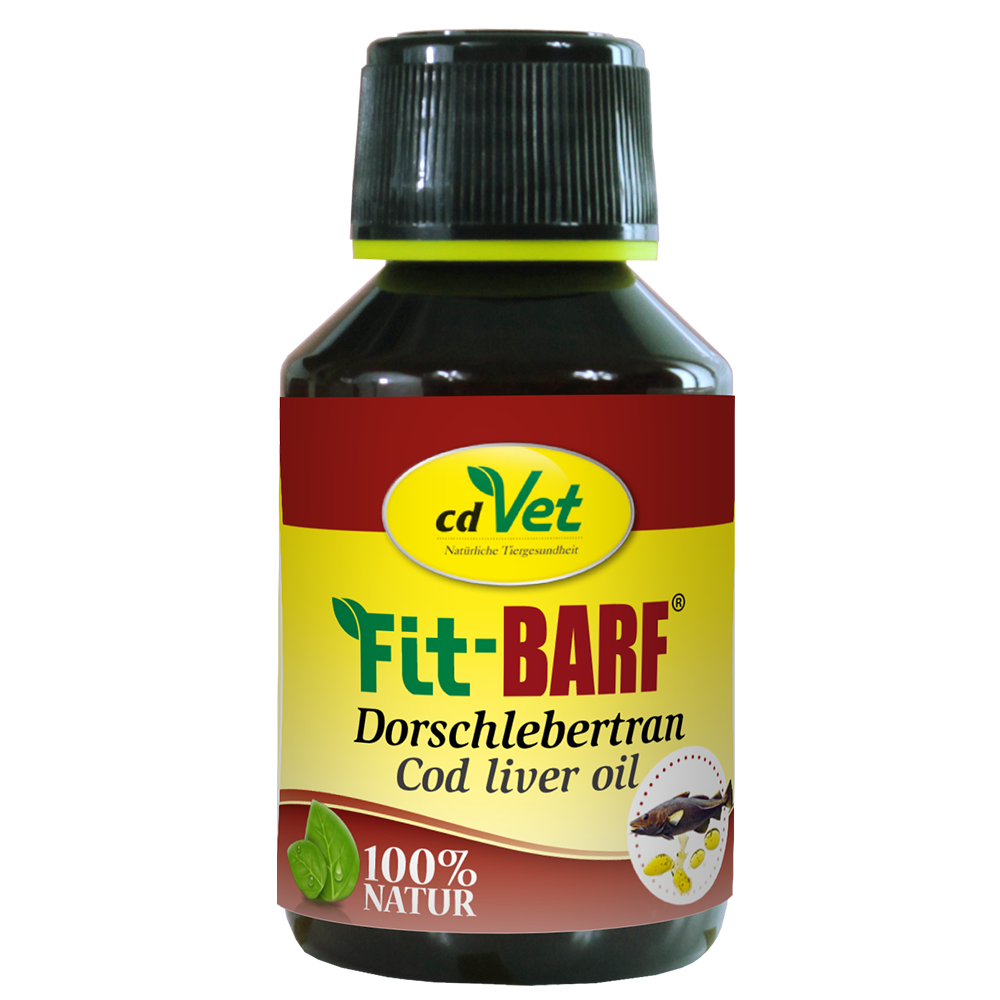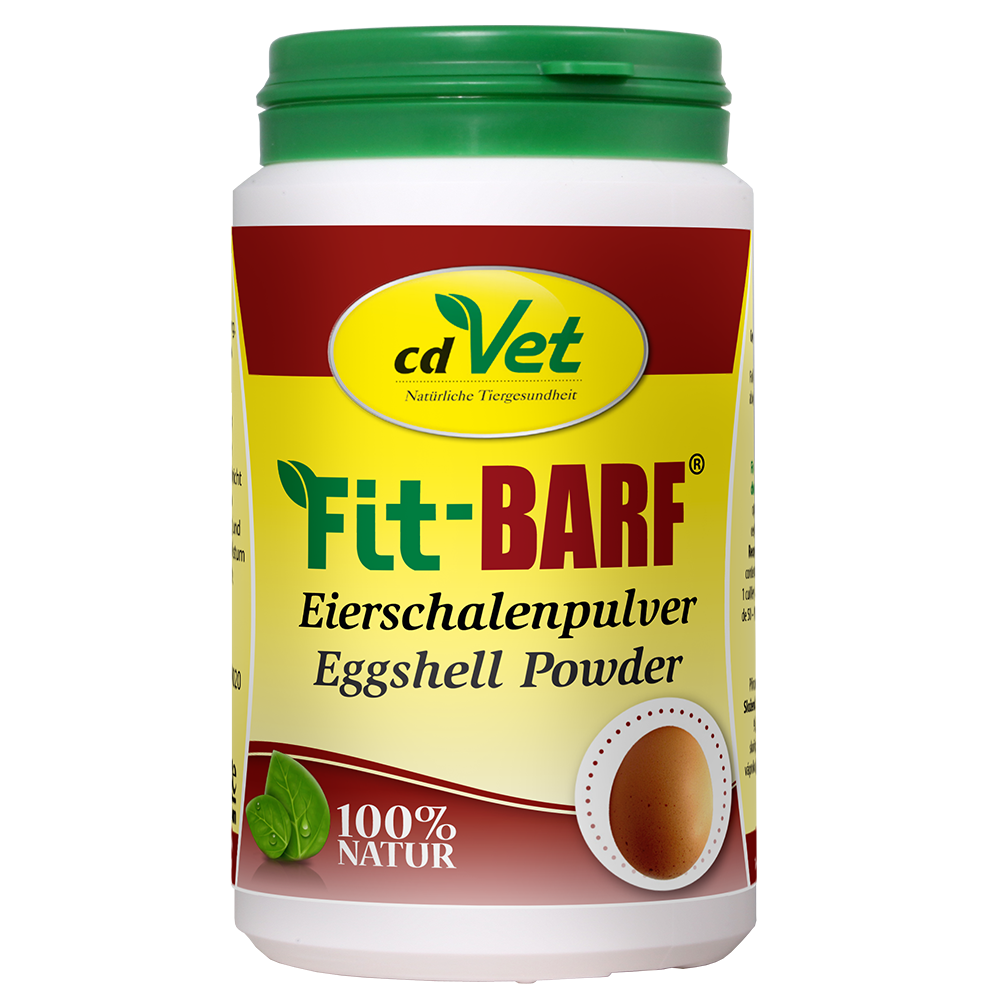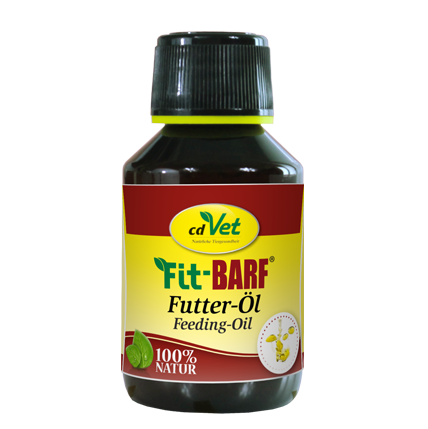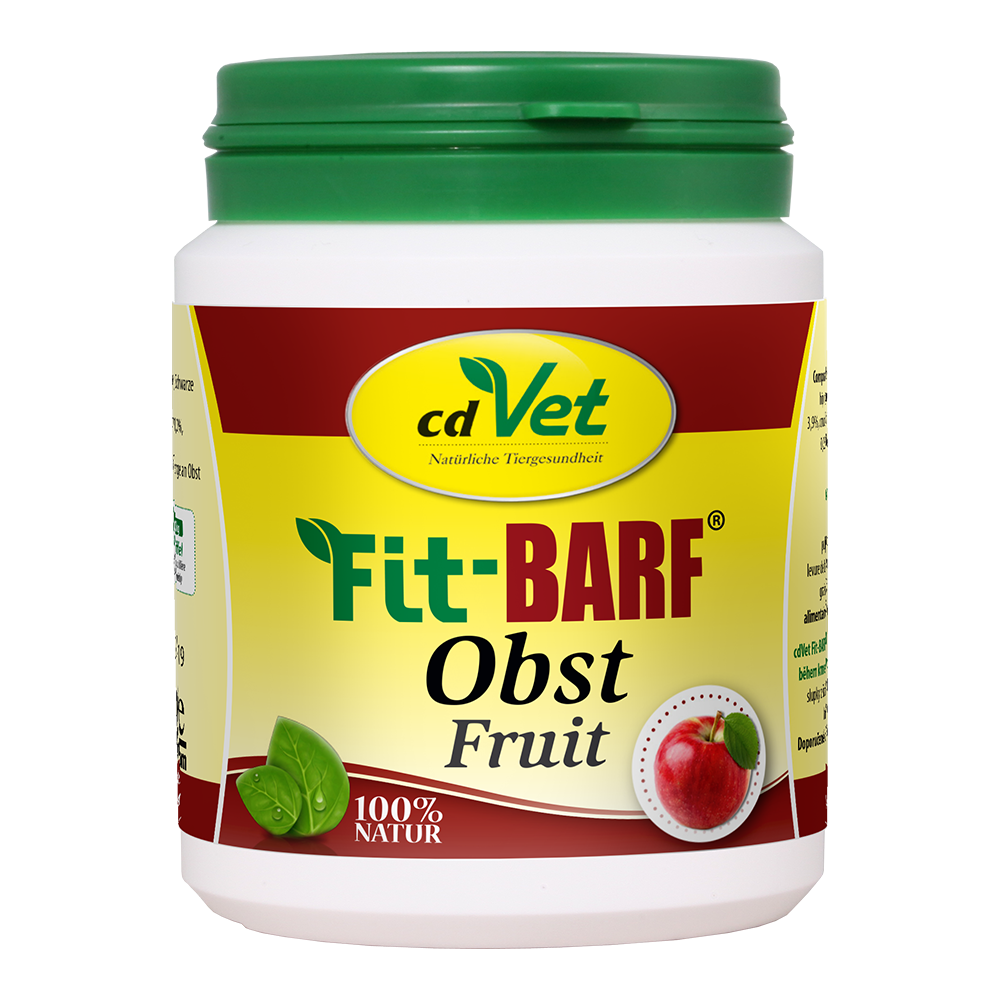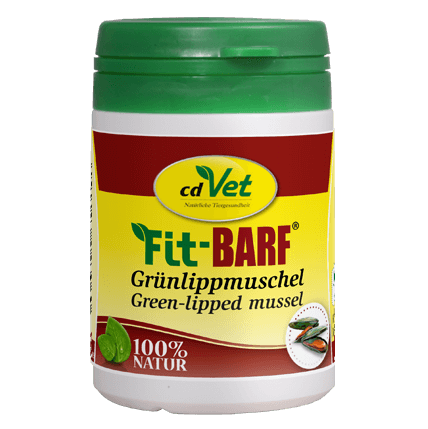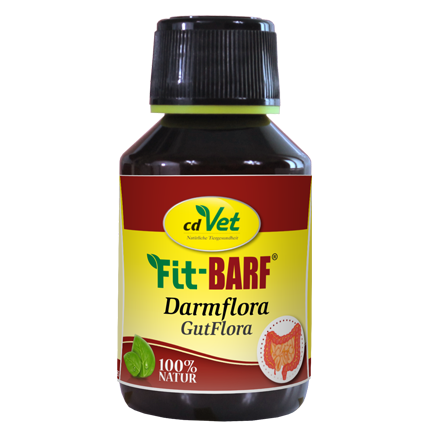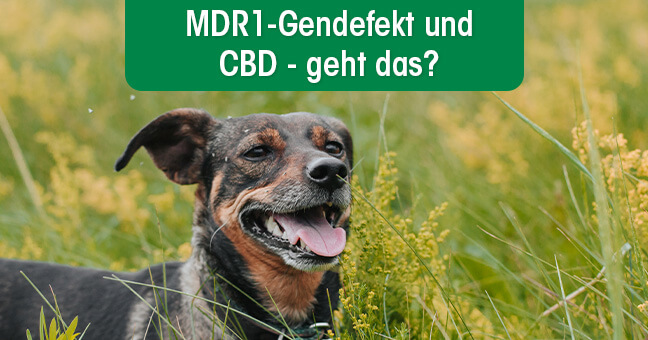
The MDR1 defect (multi-drug resistance) is a genetic defect. The synthesis of the MDR1 protein (P-glycoprotein), a transport protein, is disrupted. The P-glycoprotein is an important protein that ensures that harmful substances do not enter the organism.
In the intestine (intestinal epithelium), xenobiotics (1*) are pumped back into the intestinal lumen, transported from the liver into the bile ducts and from the kidneys into the urinary tract. This protein can also be found in the endothelial cells (lining of the blood vessels) and ensures that toxic substances are transported back into the bloodstream.
At the border between blood vessels and nerve tissue, the MDR1 transporter in the endothelial cells of the brain capillaries at the so-called blood-brain barrier forms a protective barrier for the brain and normally prevents the passage of toxic substances. The MDR1 transporter in the testes and placenta performs similar barrier functions.
In addition to the organs described above, the P-glycoprotein limits the transport of adrenal cortex hormones (cortisol, corticosterone) into the brain and thus influences the hypothalamic-pituitary-adrenal axis. If there is an MDR1 defect, there can be an increased transfer of adrenal cortex hormones to the higher centers and thus reduced cortisol levels. Affected animals show an increased susceptibility to stress and possibly reduced thyroid function. A further consequence is also discussed as a higher susceptibility to chronic inflammatory bowel disease.
Shepherd dogs such as collies, border collies, Australian shepherds and Shetland sheepdogs are particularly affected by this genetic defect; but also white German Shepherds, Bobtails, some greyhound breeds and crossbreeds of these breeds can be carriers.
Three genotypes are distinguished:
MDR1 -/-
Mother and father carry this gene (homozygous, purebred). Carriers of this defect have a pronounced sensitivity to chemical substances.
This defect in the MDR1 protein means that substances such as the antiparasitic drug ivermectin pass unhindered into the nerve tissue and cause neurotoxic damage that can lead to death. Therefore, a large number of drugs must be avoided.
The following drugs cause poisoning and must not be administered
- Anthelmintics containing the active ingredient ivemectin (Ivomec, Dectomax). It is also essential to avoid ingesting horse manure from horses that have previously been dewormed with this agent.
- Anesthetics or painkillers such as fentanyl or butorphanol can lead to serious anesthetic incidents and poisoning.
- Antidiarrheal drugs containing the active ingredient loperamide (Imodium)
The following drugs cause hypersensitivity; they should only be administered after weighing up the benefits and risks.
- Antifungal drugs containing the ingredients itraconazole or ketoconazole
- Heart drugs containing the ingredients digoxin, digitoxin
- Drugs for treating cancer (vicristin, doxyrubicin)
- Some types of antibiotics (erythromycin, rifampicin, levofloxacin)
- Drugs for hyperacidity of the stomach (Cimetidine, Ranitidine)
- Immunosuppressants such as cyclosporin A, tacrolism
- Sedatives with acepromacin
This list contains the most common medications and is not complete. Owners of one of these dog breeds or their offspring should obtain certainty as soon as possible by having a blood test to prevent poisoning. Over-the-counter and pharmacy-only medications should only be used if it has been carefully checked beforehand whether they contain incompatible substances.
MDR +/-
Only one parent carries the genetic defect (heterozygous, mixed-breed) Dogs that only carry one affected gene hardly show any signs of poisoning, but pass on the defective genetic trait to their offspring at a rate of 50%. According to the current state of science, intolerance to some medications is more likely to occur.
The medications mentioned should only be administered when necessary and only in the specified dose and dosage form. Under no circumstances should an overdose occur.
MDR +/+
The mother and father carry a functional P-glycoprotein, so there is no MDR1 gene defect. The offspring are considered healthy and do not carry any increased risk when given medication.
In view of the negative consequences for carriers of the MDR1 gene defect, careful selection should be made when selecting for breeding. By consistently excluding MDR1 gene defect carriers from breeding, it can be ensured in the long term that no more puppies are born with the defective MDR1 transporter.
How can an MDR1 defect be determined?
The determination is made using a blood sample sent in. Some laboratories also offer determination using a swab of the cheek mucosa. The first diagnostic procedure is considered to be the most reliable.
MDR1 defect and CBD
Some manufacturers and relevant forums have raised objections to feeding CBD-containing products and CBD oil to dogs with the MDR1 gene defect. They even warn against using it.
There are currently no studies that specifically examine the effects of CBD on dogs with the MDR1 gene defect. A first insight is provided by a study on mice from 2016 (1), which suggests that CBD is not a substrate for the P-glycoprotein and is therefore free of complications when fed.
However, it is known that CBD can easily cross the blood-brain barrier to connect with the body's endocannabinoid system. Therefore, undesirable effects cannot be completely ruled out and feeding CBD should be avoided if it is known that the MDR1 gene defect is present.
[1] Brzozowska, N., Li, K. M., Wang, X. S., Booth, J., Stuart, J., McGregor, I. S., & Arnold, J. C. (2016). ABC transporters P-gp and Bcrp do not limit the brain uptake of the novel antipsychotic and anticonvulsant drug cannabidiol in mice. PeerJ, 4, e2081. https://doi.org/10.7717/peerj.2081
*1. Xenobiotics (Greek: substances foreign to life) are chemical substances that are not naturally formed but are synthesized by humans and are foreign to the biological cycle of substances. These include, for example, medications, dyes, pesticides and chlorinated solvents.
